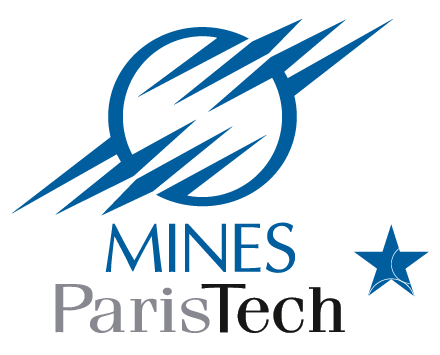The second GEOTREF PhD has been defended by Keurfon Luu on septembre 2018 at 2 pm, the 28th September, in the Ecole des Mines de Paris : Numerical optimization using stochastic evolutionary algorithms: application to seismic tomography inverse problems.
Abstract
Seismic traveltime tomography is an ill-posed optimization problem due to the non-linear relationship between traveltime and velocity model. Besides, the solution is not unique as many models are able to explain the observed data. The non-linearity and non-uniqueness issues are typically addressed by using methods relying on Monte Carlo Markov Chain that thoroughly sample the model parameter space. However, these approaches cannot fully handle the computer resources provided by modern supercomputers.
In this thesis, I propose to solve seismic traveltime tomography problems using evolutionary algorithms which are population-based stochastic optimization methods inspired by the natural evolution of species. They operate on concurrent individuals within a population that represent independent models, and evolve through stochastic processes characterizing the different mechanisms involved in natural evolution. Therefore, the models within a population can be intrinsically evaluated in parallel which makes evolutionary algorithms particularly adapted to the parallel architecture of supercomputers. More specifically, the works presented in this manuscript emphasize on the three most popular evolutionary algorithms, namely Differential Evolution, Particle Swarm Optimization and Covariance Matrix Adaptation – Evolution Strategy. The feasibility of evolutionary algorithms to solve seismic tomography problems is assessed using two different data sets: a real data set acquired in the context of hydraulic fracturing and a synthetic refraction data set generated using the Marmousi velocity model that presents a complex geology structure.

